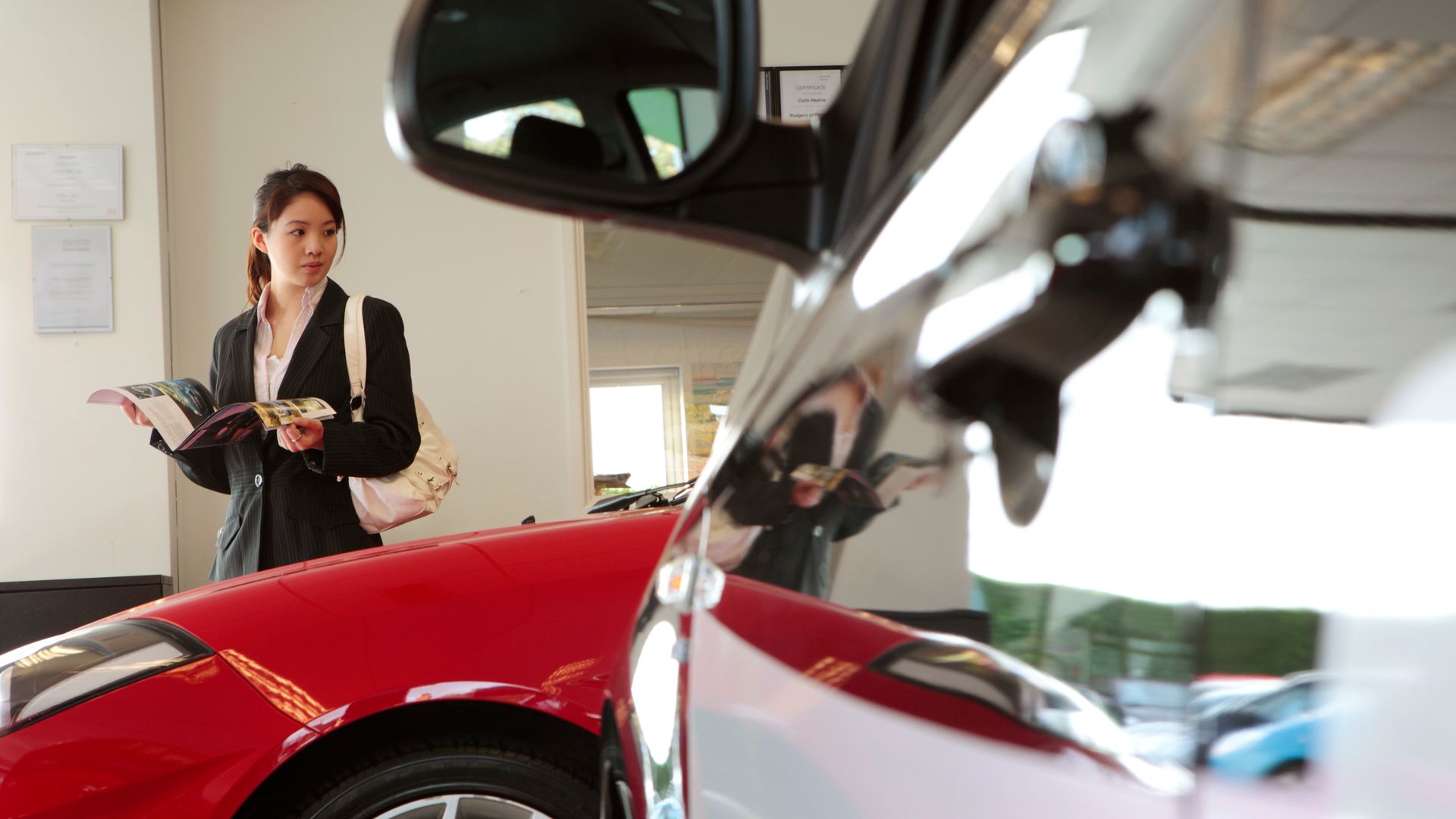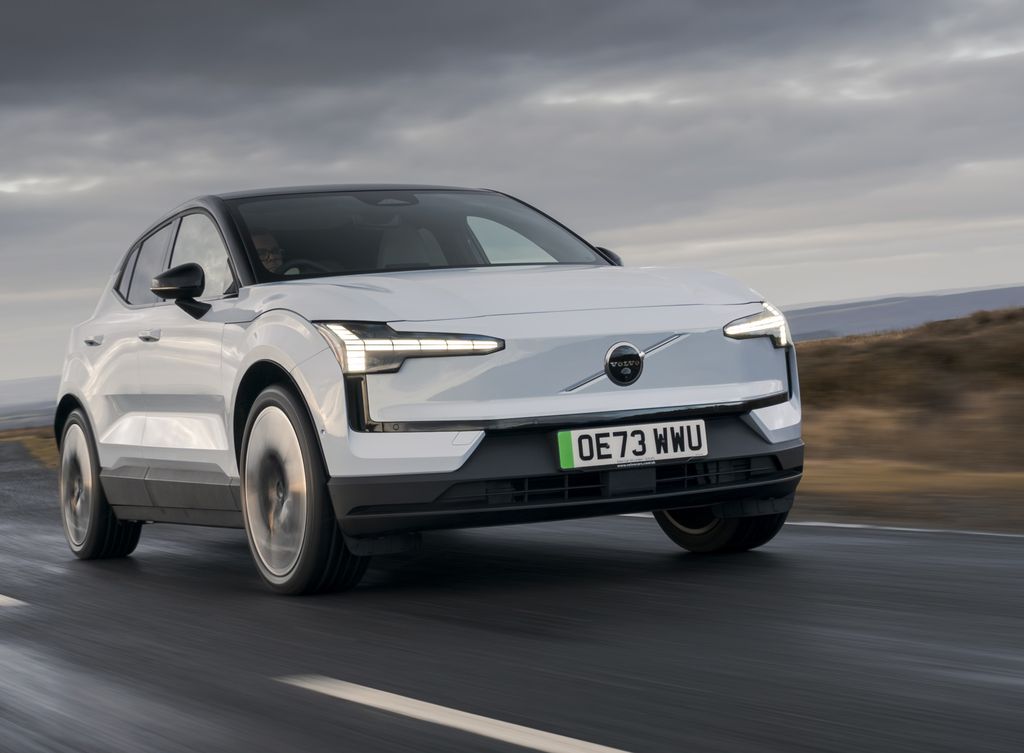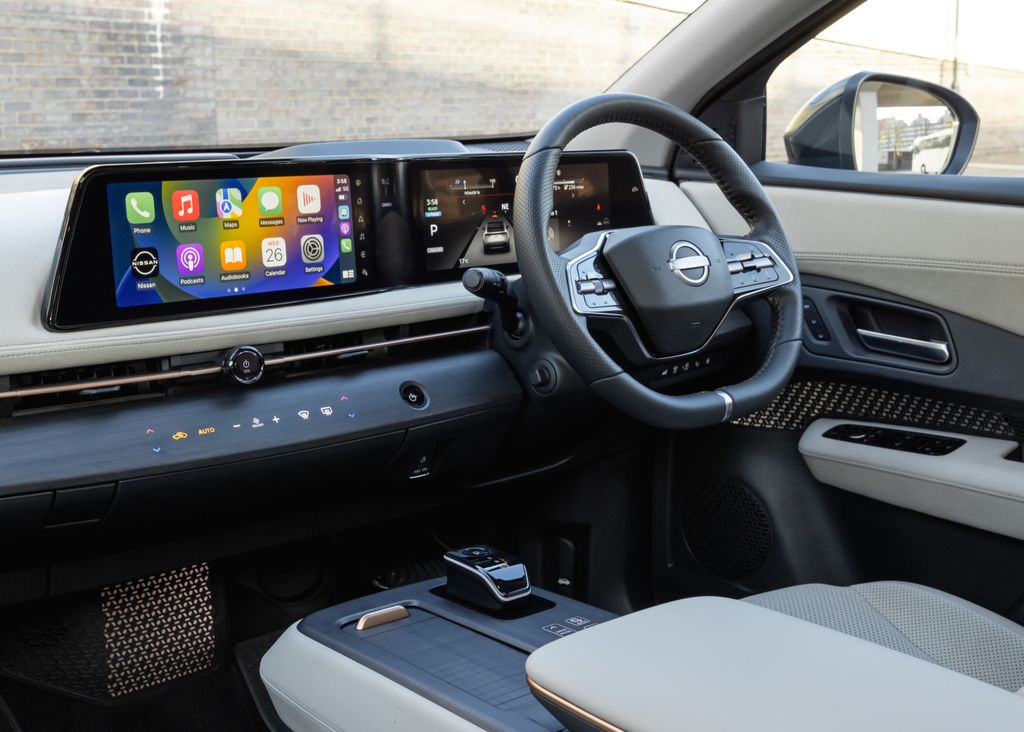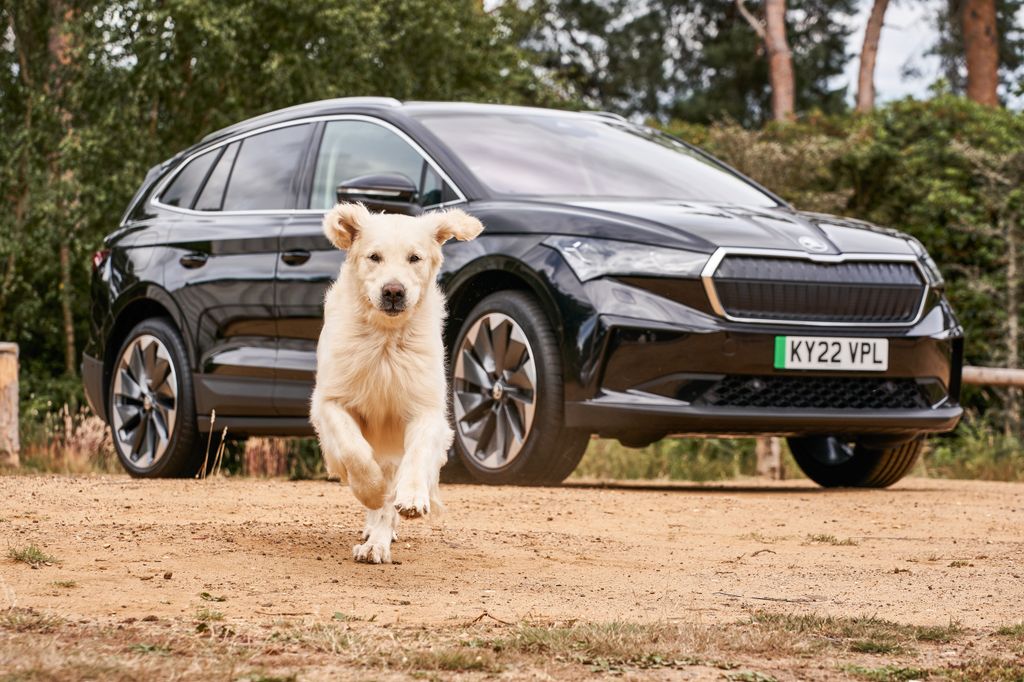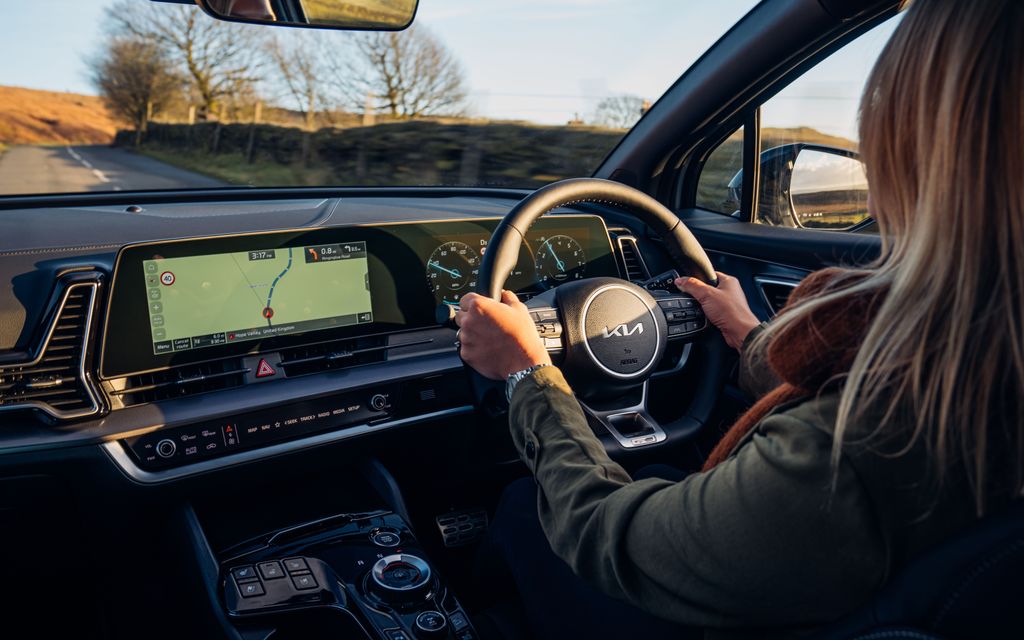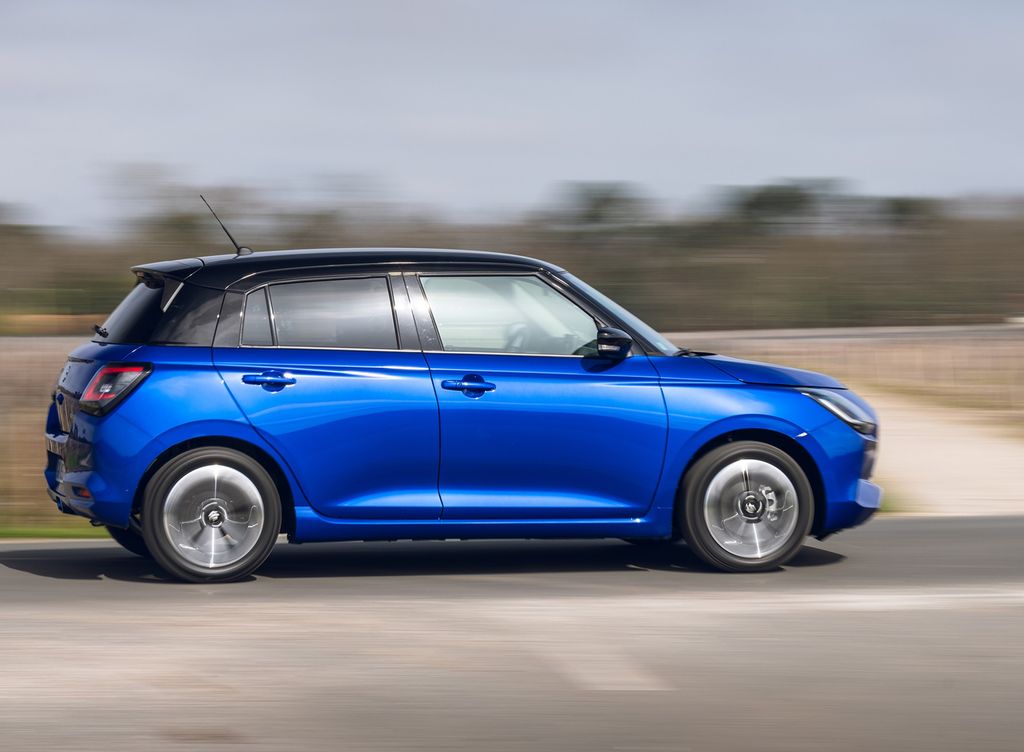Buying a new car should be exciting, but it can end up being a stressful experience. After all, there's a lot hanging on the decision because it's often the second-most expensive item we ever buy.
From finance to servicing, and road tax to insurance, it’s not just a question of purchase price, it's also the long-term expense. Many people choose a car simply on looks, but other factors such as practicality, economy, safety, reliability and technology also have to be considered.
And if all that isn't enough, there's a gender divide too. Women feel ‘overwhelmed, intimidated and confused’ when buying a car, suggests new research into car buying commissioned by Carmoola, the car finance app.
The study shows that men are far more likely than women to feel positive emotions when buying a car (40% versus 27%), and much less likely to experience negative feelings (18% versus 26%).
In fact, almost twice as many men (37%) feel 'confident and informed' when buying a car as do women (21%). And while one in five (21%) men feel ‘intimidated’ by the process, this discomfort is felt by one in four women (25%).
Where a salesperson is involved, such as at a car dealership, these negative emotions become heightened.
While men are more likely to feel happy and excited in a showroom - women feel judged, anxious, and unknowledgeable at a far higher degree. While nearly one in 10 men (9%) feel 'unknowledgeable', twice as many women (20%) feel the same.
Double the number of women as men feel 'unconfident' in a car dealership (24% versus 12%), and while more than a third of men (35%) say they are 'happy' at a dealership, just one in five (22%) of women agree.
There are other differences between the sexes. Women, for example, are more likely than men to prioritise the car’s purchase price (66% vs 55%); the overall running costs, such as insurance, tax and maintenance (61% vs 47%); fuel efficiency and environmental impact (57% vs 53%); and safety (52% vs 43%).
Men place greater emphasis on technology, such as entertainment, navigation and automation (26% versus 22%); performance, power and speed (25% vs 20%); and the car’s brand and status (20% versus 16%).
We want to boost your confidence and make your experience of buying a car as stress-free as possible. Read our advice below, and good luck.
Top 10 essential car buying tips
1. Choose the right car
How you use your car should play a large part in the decision-making process. For example, if you cover lots of miles, particularly on motorways, comfort and economy are important. If you’ve got a growing family, consider the number of seats you need and whether they are suitable for child seats. You'll also need to decide whether you want a conventional petrol or diesel car, or a more eco-friendly hybrid or pure electric vehicle. Plus, do you prefer a hatch, estate or SUV? Finally, don't forget about your dog, if you have one!
2. Set your budget
It’s crucial that you’re realistic about your budget. Over-extending yourself can lead to problems, particularly if you have little or no savings, or your income drops unexpectedly. As well as the cost of the car, don’t forget to factor in other expenses, such as insurance, road tax, maintenance and servicing, plus everyday running costs (fuel or charging). Ultimately, your budget will determine whether you buy new or used.
3. New or used?
Buying a brand-new car outright is an expensive way to get on the road. If you can't afford the upfront price of a new car, you will have to borrow the money from a bank or finance company, via a loan or HP (Hire Purchase) agreement. An increasing number of people are choosing finance deals such as PCP (Personal Contract Purchase). After an initial deposit, you can run a new car for three years with fixed monthly payments. At the end of the term, you have the option to hand back the keys or pay a lump sum to buy the car.
4. Find a car
If you haven't already decided which car to search for, we suggest you should before heading out to showrooms and hitting the classifieds. If you're unsure, ask family, friends and colleagues for recommendations. Once you've made up your mind, target that model, do your research (read long-term reviews from motoring journalists, feedback from genuine owners, and check reliability rankings) and try not to get distracted.
5. Viewing and testing a car
Whether you're buying new or used, it's always a good idea to take along a knowledgeable friend or relative when you view and test drive a car. If you're buying second-hand, carry out a thorough exterior and interior visual inspection of the car (eg look for signs of rust, damage and leaks), test all the electrical items, make sure there are no dashboard warning lights and check the tyres. You can also book a professional vehicle inspector (try the AA and RAC) who will give you a full report. If the seller won't agree to one, then walk away because they probably have something to hide.
6. Buyer beware
There's a golden rule when buying a used car - "if the price is too good to be true, it probably is". It is possible to bag a bargain, but it's also best to be realistic. Ultimately, if a car is ridiculously cheap, then there must be something wrong with it or the seller is not to be trusted.
7. Essential checks
If you're buying used, you can check whether the car is taxed and has a valid MOT for free at GOV.co.uk. You can also view previous MOTs and find out if it failed any and why, plus trace the car's mileage history. MOTs can also indicate whether a car is troublesome, or suffers from rust issues, for instance. If you're still interested, then buy an HPI Check online (usually around £10) for peace of mind. It will tell you if the car has any outstanding finance or has previously been stolen or written off by an insurer.
8. Test drive
This is your chance to experience how a car drives and whether it meets your needs in terms of space, for instance. When you're buying a new car, try to look beyond the gleaming paintwork and technology, and focus on factors such as comfort, build quality and visibility. If you're test driving a second-hand car, listen out for any unusual noises, test the brakes, steering and all the gears (including reverse), check the exhaust isn't smelly or smoky, and be aware of any vibrations. Also, examine the V5C registration document (logbook) and ask for the seller's ID to ensure they are the car's keeper and you are at their home address. Finally, check the service history.
9. How to haggle
Haggling comes easily to some people, but others find it difficult. If you're not confident, take along a friend or relative who is. Don’t be afraid to haggle on the price when you're buying a new or used car - start low and let the seller work the price up. Stay calm and only pay what you can afford.
STORY TIME: Why my little blue Peugeot became my personal sanctuary
10. Stay safe
Before a test drive, check that you’re covered to drive another car with your insurance company. Don't go alone to view, test drive or collect a car, and if possible, always go in the daylight. Arrange to view/collect the car at the seller’s home or business address and make sure it matches the one on the V5C registration certificate. A genuine seller will have no problems with this. Never meet in a service station or roadside lay-by – you’ll have no way of tracing the seller again should there be an issue with the car.

